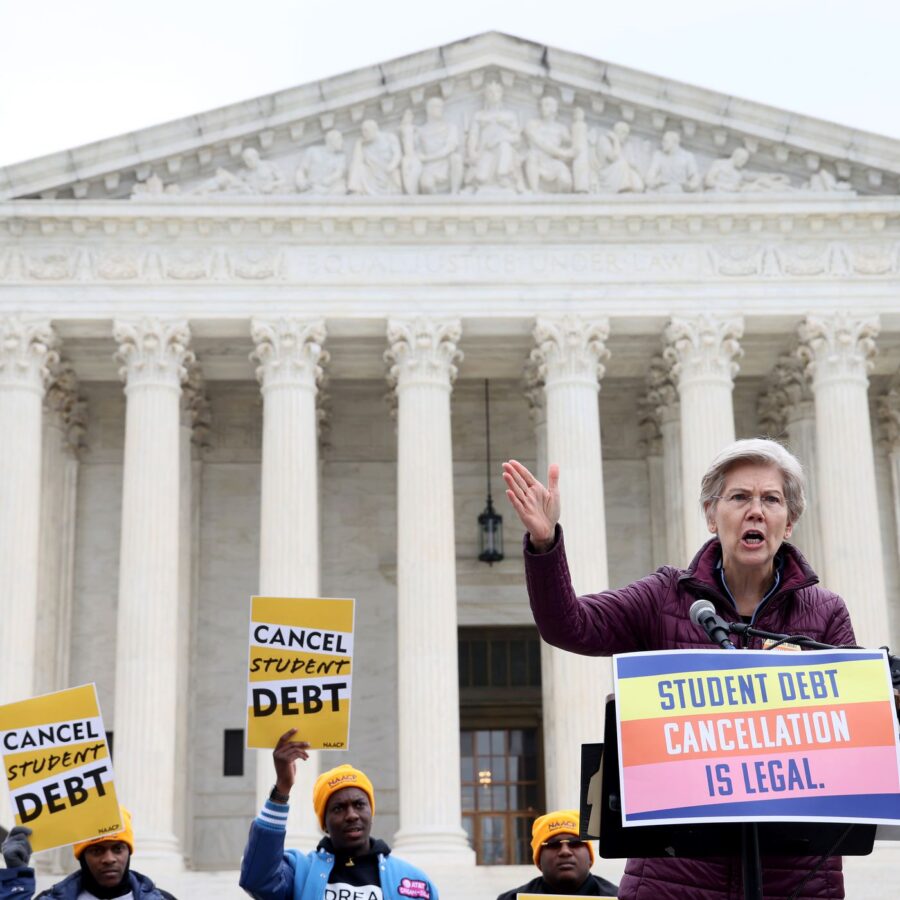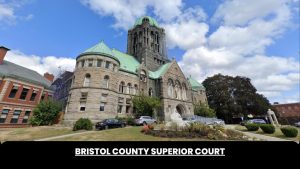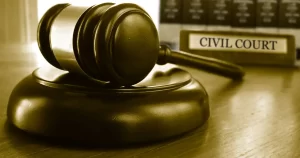when will the supreme court rule on student loan forgiveness
In a closely watched decision, the U.S. Supreme Court recently ruled, by a vote of 6-3, that the Biden administration exceeded its authority when it announced plans to cancel up to $400 billion in student loans. This decision had significant implications for the administration’s efforts to provide relief to millions of Americans burdened by student loan debt. Chief Justice John Roberts, writing for the court, characterized the ruling as a straightforward interpretation of federal law. However, Justice Elena Kagan dissented, expressing her concern about the implications of the decision on governance and democracy.
Background
The Biden administration’s student loan forgiveness program was announced in August 2022 after student loan repayments had been on hold for over two years due to the COVID-19 pandemic. Betsy DeVos, who served as the secretary of education during the Trump administration, had suspended repayments and the accrual of interest on federal student loans to ease the financial burden on borrowers. She relied on the HEROES Act, a law passed after the Sept. 11 attacks, which granted the secretary of education the power to respond to national emergencies by waiving or modifying statutory provisions related to student-loan programs.
President Joe Biden’s plan aimed to permanently cancel up to $20,000 in loans for qualified borrowers, fulfilling a campaign promise. However, the program faced legal challenges from six states with Republican attorneys general and two individual borrowers with student loans. They argued that the debt-relief plan did not comply with the HEROES Act and other federal laws.
Standing and Legal Challenges
Before the court could address the program’s merits, it had to determine whether the challengers had legal standing to sue. To challenge a government policy in federal court, plaintiffs must demonstrate that they have been injured by the policy. In the case of individual borrowers, the court ruled unanimously that they lacked standing to challenge the debt-relief plan. However, for the states, the U.S. Court of Appeals for the 8th Circuit ruled that Missouri had standing because the debt-relief program’s financial harm to the Missouri Higher Education Loan Authority (MOHELA) would also harm the state’s higher-education programs.
Supreme Court’s Decision
Chief Justice John Roberts, in his opinion, asserted that the debt-relief program exceeded the authority granted by the HEROES Act. He emphasized that the act only allowed the secretary of education to make modest adjustments and additions to existing provisions, not to create a new loan forgiveness program. Roberts rejected the Biden administration’s argument that the program was consistent with the HEROES Act’s purpose of providing relief during national emergencies.
Justice Amy Coney Barrett joined the Roberts opinion but wrote a separate concurring opinion supporting the major questions doctrine, a tool used to determine whether Congress has clearly delegated vast economic or political decisions to an administrative agency. She argued that the Biden administration had gone beyond the authority granted by the HEROES Act.
Dissenting Opinion
Justice Elena Kagan dissented, maintaining that none of the states had standing to challenge the debt-relief program. She contended that MOHELA should have been the proper plaintiff, but it did not file its own lawsuit. Kagan argued that the program was authorized by the text of the HEROES Act, which gave the secretary of education broad authority to provide emergency relief to student-loan borrowers.
Kagan also expressed concerns about the court’s reliance on the major questions doctrine, arguing that it undermined Congress’s decisions on delegation. She saw this as a problem for governance and democracy, as the Supreme Court would become the maker of national policy.
Aftermath and Future Steps
President Biden criticized the court’s decision, stating that the fight for student loan forgiveness was not over. He promised to address the decision and outline the administration’s further steps to help students in an upcoming address. Nebraska Attorney General Mike Hilgers, one of the challengers, praised the ruling, emphasizing the importance of working with Congress to address policy issues.
Conclusion
The Supreme Court’s ruling on student loan forgiveness has significant implications for the Biden administration’s efforts to alleviate the burden of student loan debt on millions of Americans. While the court’s decision was based on a straightforward interpretation of federal law, the dissenting opinion raised concerns about the implications on governance and democracy. The outcome of this case underscores the complexities and challenges of addressing student loan forgiveness and highlights the importance of adhering to the legal boundaries set by Congress.
FAQs
- Is the Supreme Court’s decision final? Yes, the Supreme Court’s ruling is final and cannot be appealed.
- Will the Biden administration propose a new debt-relief plan? President Biden has indicated that the fight for student loan forgiveness is not over and may propose alternative plans or legislative solutions.
- How will the ruling affect student loan borrowers? The ruling means that the Biden administration’s plan for student loan forgiveness, as initially proposed, will not be implemented.
- What options do borrowers have for student loan relief? Borrowers can explore income-driven repayment plans, loan forgiveness programs, or refinancing options with their loan servicers.
- Can Congress pass legislation to address student loan forgiveness? Yes, Congress has the authority to pass legislation related to student loan forgiveness, and any future plans will likely require congressional approval.





